

Perished Nations-Harun Yahya(VideoLog Dan DataLog)
Perished nations 1 (Harun Yahya)
Has the news of those who came before them not reached them the people of Nuh and 'Ad and Thamud, and the people of Ibrahim and the inhabitants of Madyan and the overturned cities? Their Messengers brought them the Clear Signs. God did not wrong them; rather they wronged themselves. (Qur'an, 9: 70)
EARLIER GENERATIONS
The Great Pyramid, Egypt, 2600 BC
Stonehenge, England, 2000 BC
Angkor Wat, Cambodia, 1150 AD
Machu Picchu, Peru, 1470 AD
What you are seeing are the imposing remains of some old civilisations.
Throughout world history, a great many very different civilisations have grown up, ruled for a while, and then faded away when their time came.
The level of craftsmanship reached by some of them is enough to amaze us even today.
Yet these civilisations, which may have approached and perhaps even surpassed today's levels of mathematical, astronomical, medical and architectural knowledge, no longer exist.
The knowledge they had, the unbelievable riches they acquired, their magnificent palaces and temples now stand empty and in ruins.
Despite all their power and wealth, they disappeared off the face of the earth.
We now know that some of them were destroyed as the result of terrible disasters.
In this film, we shall be examining just what happened to them.
We shall also see how these destructive events were actually divine retribution, news of which is given in the Qur'an.
We shall see that the peoples in question were destroyed because of their rebellion against God and their excesses.
And archaeological discoveries provide the evidence for this.
THE PEOPLE OF LUT
The people of Lut denied the warnings. We unleashed a sudden squall of stones against all of them... (Qur'an, 54: 33-34)
The land of Anatolia, the plains of Mesopotamia, the Arabian Peninsula and the continent of Africa have witnessed the births of different civilisations since the beginning of time.
God sent messengers to them throughout history, and called them to His path.
Those peoples who refused to believe the messengers sent to them, who tried to kill or exile them, were all destroyed ...
One of these civilisations was found within the borders of the present day state of Israel. This people, who settled by the shores of the Dead Sea, were the people of Lut.
According to the Qur'an, homosexuality was so rife among these people, to whom the Prophet Lut had been sent, that its like had never been seen before.
When their brother Lut said to them, "Will you not do your duty? I am a faithful Messenger to you. So heed God and obey me. I do not ask you for any wage for it. My wage is the responsibility of no one but the Lord of all the worlds. Of all beings, do you lie with males, leaving the wives God has created for you? You are a people who have overstepped the limits." (Qur'an, 26: 161-166)
When Lut told them to renounce their perversions and brought them God's commands, they denied him, rejected that he was a prophet and continued with their perverted ways.
In return for that behaviour, they were destroyed in a terrible catastrophe.
Let us now have a look at the archaeological evidence that has recently been unearthed regarding this people that are discussed in the Qur'an.
When we look at the Old Testament, the holy book of both Christians and Jews, we see that the matter is described in the same terms as in the Qur'an.
According to the Old Testament, the city where this deviant people lived was Sodom.
Archaeological discoveries from excavations reveal that the city was built near the Dead Sea, which runs along the Israeli-Jordanian border.
Archaeologists working in the area unearthed evidence of a terrible disaster here. The terrible damage to the human skeletons unearthed bore the signs of a powerful earthquake.
According to the Qur'an, angels came to Lut and gave him this warning the night before the disaster:
They said, "Lut, we are messengers from your Lord. They will not be able to get at you. Set out with your family—except for your wife—in the middle of the night and none of you should look back. What strikes them will strike her as well
Category:
Education
Tags:
Perished nations Allah God Adnan Oktar Harun Yahya interview Prophet Muhammed Turkish Islamic Union Jesus will return Mahdi Moses Messiah Quran Antichrist theory of evolution Masonic freemasonary Atlas Creation fossils refute darwinism evolutionist darwinist creationist Muslim Christian Jews Peace Islam documentary
Perished nations 2 (Harun Yahya)
Saba, built in southern Arabia in the 11th century BC, was a great civilization.
The Qur'an relates the story of the Queen of Saba and the Prophet Sulayman in considerable detail.
However, there is another story in the Qur'an regarding this people, who appear before us in a violent act of destruction.
The oldest texts to refer to the People of Saba are the annual war chronicles from the time of the Assyrian King Sargon II. According to these inscriptions, Sargon mentions Saba as one of the states that pays tribute to him. This record is the oldest text giving firm information about the state of Saba.
Ancient texts that speak of the people of Saba say that like the Phoenicians they were a state that engaged in wide commercial activities, and that some of the most important trade routes in northern Arabia were in their hands.
The Sabaeans were known in history as a civilized people. The inscriptions of the Sabaean rulers frequently speak of "restoring," "endowing," and "building."
The Ma'rib Dam, the ruins of which have survived down to the present day, is a major indication of Sabaean technology. Thanks to that dam, a bright green world was built in the middle of the desert.
The capital, that benefited from the dam, was Ma'rib, which had grown wealthy because of its many geographical advantages.
The capital stood close by the Adhanah River. The Sabaeans made use of this and built a dam here as they were constructing their civilization and began irrigating the area. Agriculture prospered, and they were thus able to enjoy high levels of well-being.
The capital Ma'rib was one of the most beautiful cities of the time. The Greek writer Pliny who travelled in the area and had great praise for this land, spoke in his works of the way it was all so verdant.
The dam at Ma'rib was 16 metres high, 60 metres wide and 620 metres long. Calculations have shown that two wide plains on both sides of the city could be watered by means of it.
These two plains are sometimes described on Sabaean inscriptions as "Marib and the twin plains." The expression "two gardens to the right and to the left" in the Qur'an in all probability refers to the impressive vineyards and gardens in these two valleys. Thanks to the dam and its watering facilities, the region became famous as the best irrigated and most fertile in Yemen.
When we examine the verses in the Qur'an in the light of these historical facts we can see enormous compatibility between them. Archaeological discoveries and historical facts are totally compatible with what is written in the Qur'an. The people refused to heed the warnings of the prophet who was sent to them and were ungrateful for the blessings of God, and were eventually punished with a terrible catastrophe.
There was also a sign for Saba in their dwelling place: two gardens—one to the right and one to the left. "Eat of your Lord's provision and give thanks to Him: a bountiful land and a forgiving Lord." But they turned away so We unleashed against them the flood from the great dam and exchanged their two gardens for two others containing bitter-tasting plants and tamarisk and a few lote trees. That is how We repaid them for their ingratitude. Are any but the ungrateful repaid like this? (Qur'an, 34: 15-17)
The People of Saba lived in a strikingly beautiful area with fertile vineyards and gardens.
The country of Saba lay across trade routes and thus enjoyed a high level of prosperity, making it one of the most prominent cities of the age.
What the people of Saba needed to do under such agreeable conditions was to "eat of the sustenance provided by their Lord and be grateful to Him". Yet they did not do so. As a verse puts it, "they turned away from God..."
Their arrogance in their well-being caused them to lose it. The whole country was flattened in a terrible flood.
The vineyards and gardens of the people of Saba were suddenly left under the waters.
The punishment visited on the people of Saba is described in the Qur'an as "Seyl al-Arim," or the Arim Flood. This term in the Qur'an also tell us the way this disaster occurred. The word "Arim" means "dam" or "dike." "Seyl al-Arim" describes the way a flood occurs after a dike has been breached.
The Christian archaeologist Werner Keller agrees that the Arim flood came about in line with the description of the Qur'an, and writes
Category:
Education
Tags:
Perished nations Allah God Adnan Oktar Harun Yahya interview Prophet Muhammed Turkish Islamic Union Jesus will return Mahdi Moses Messiah Quran Antichrist theory of evolution Masonic freemasonary Atlas Creation fossils refute darwinism evolutionist darwinist creationist Muslim Christian Jews Peace Islam documentary
Perished Nations-Harun Yahya
Perished Nations-Harun Yahya






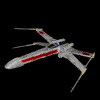




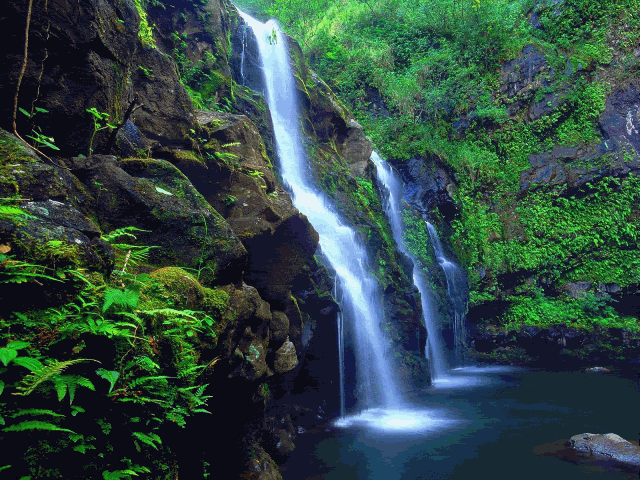




























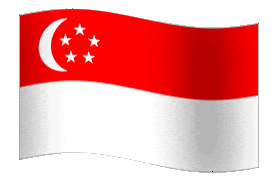
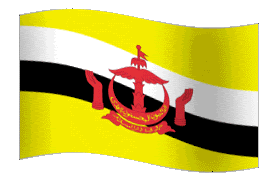


















































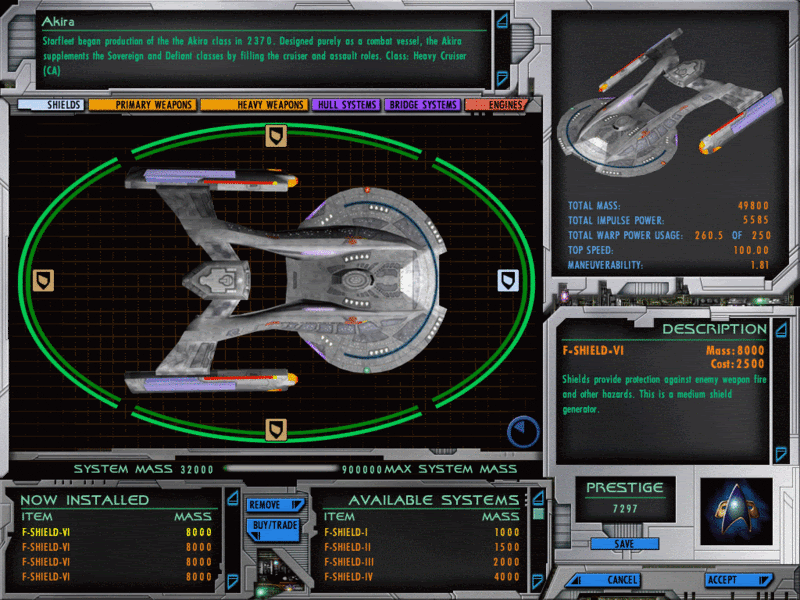

















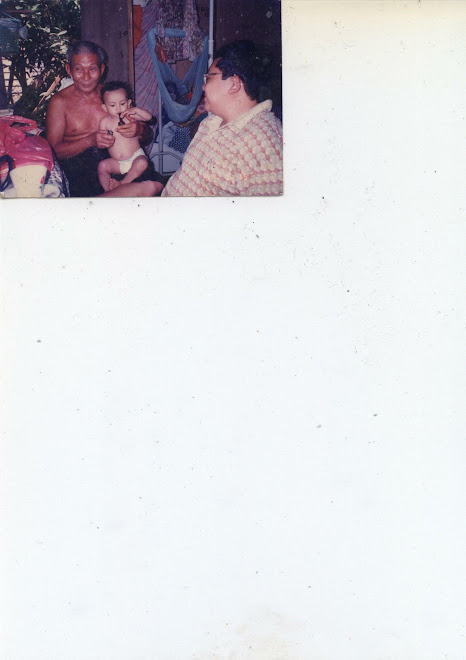










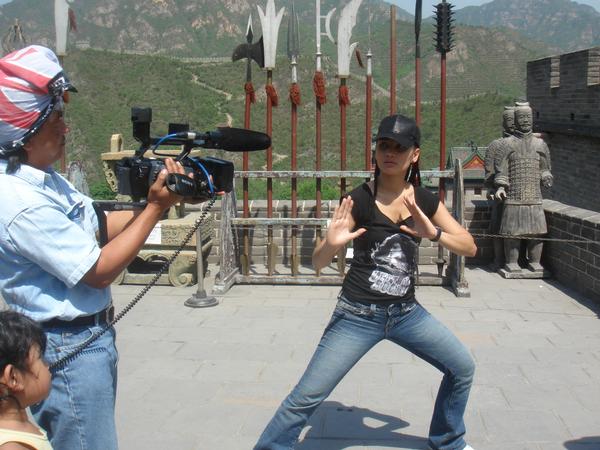



No comments:
Post a Comment